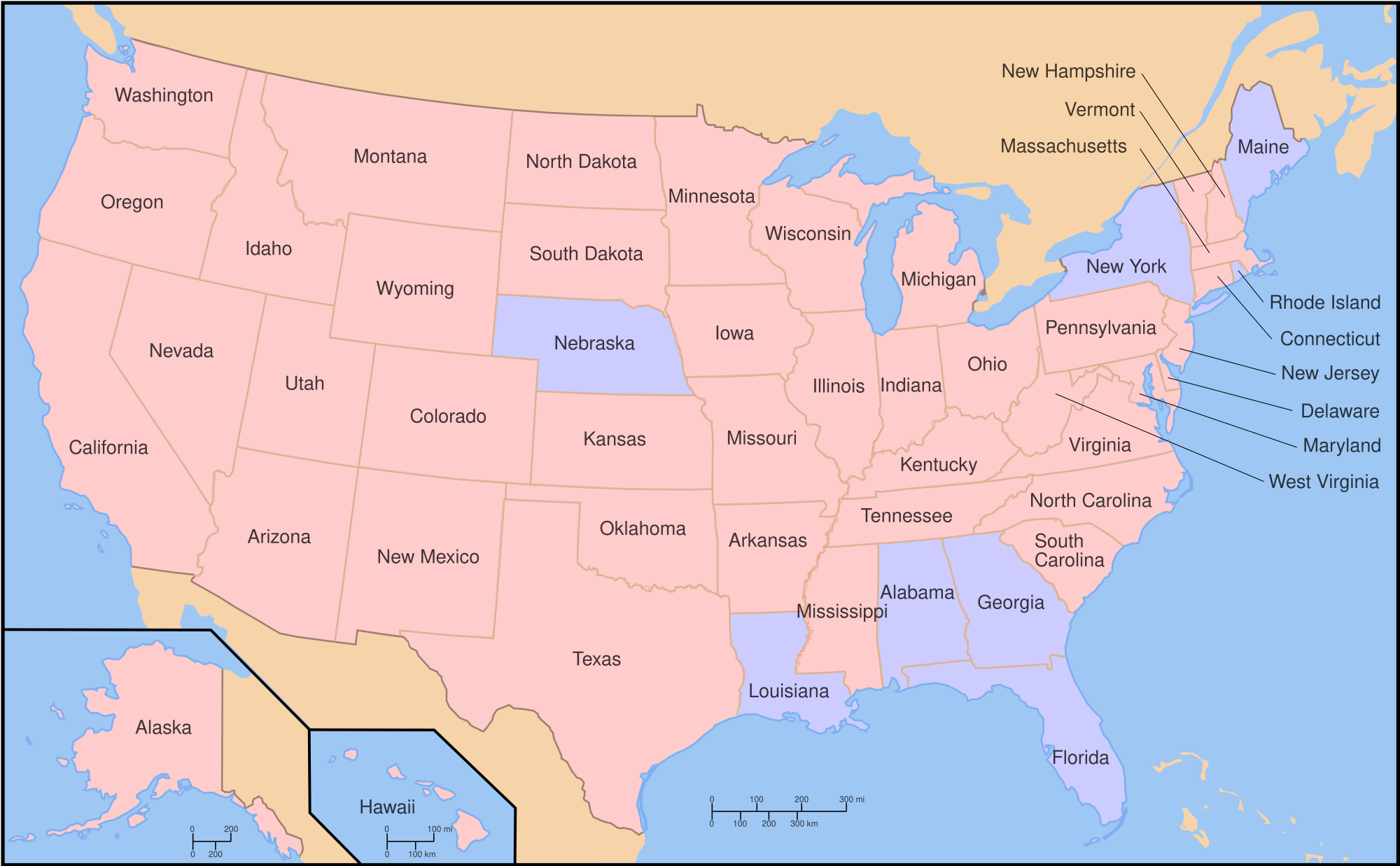

Have you just received your employment documents and are left perplexed after learning that you are an at-will employee? Is it something that is beneficial for you or does it give all the power to the employer?
Many more questions like these must be going through your head right now but you do not need to get worked up as we are here with all the answers. All we need you to do is keep reading.
What Does At-Will Employment Mean?
If you are an at-will employee, it means that your employer has the legal right to terminate your employment at any point, for any reason, with or without serving any notice. If your employer decides to let you go, there are some, but very few legal remedies that can help you keep your job.

(Image Courtesy: HR Hero)
What Are The At-Will States In The US?
Almost every state in the US is an at-will employment state, where the employers are given the freedom to adopt the at-will policies for employing people and most of these have. Only the state of Montana safeguards employees who have completed their probationary period from being fired from their job without any cause. As a matter of fact, unless there is an express employment contract stating that the employer requires a good cause to fire an employee, it is presumed by law that a person working in any state other than Montana is an at-will employee.

(Image Courtesy: Wikimedia Commons)
Does An At-Will Employee Have Any Rights?
Being an at-will employee does not mean that your employer can be discriminatory against you. The US Labor Law prohibits employment discrimination based on the gender, race, religion, nationality, age, pregnancy status or disability. The law, in many US states, also outlaws discriminatory behavior based on the gender identity and sexual orientation of an employee.
You can also claim for wrongful termination in case you had an employment contract, even though implied, but terminated prematurely. You may also have a wrongful termination claim if you have been fired in retaliation for exercising your right. Firing you for refusing to indulge in a criminal activity may also provide you such claim.
Furthermore, just like the U.S. labor law gives an employer the right to fire an employee at any time without notice or cause, it also gives an employee the right to leave the company at any point without notice.

(Image Courtesy: the Law Firm)
What Are The Exceptions To At-Will Employment?
The exception to the employment at-will doctrine arises in case of discrimination, violation of public policy, as said above, as well as if the company policy sets the guidelines for termination and suggests otherwise. Employers are also prohibited from terminating employment without cause or notice when an implied contract between the employee and the employer exists. Implied employment contracts can be discovered in policy books and handbooks that are given to new hires.

(Image Courtesy: Payday)
The covenant of fair dealing and good faith is another exception to the doctrine of at-will employment. Therefore, an employer cannot fire the employee to avoid paying healthcare, commission for work or pension. Also, the state’s public policy can also keep an employer from firing an employee. In addition to that, an employer can also not fire an employee or seek damages for an act of the employee that is beneficial for the public. Alabama, Louisiana, Nebraska, Rhode Island, New York, Florida, Maine, and Georgia are exceptions to this rule.
That is every significant thing that you need to know about at-will employment. It’s not just for the benefit of the employer but also for the employee as it gives the freedom from commitments. Share your opinion about this policy through the poll and comment box below.
(Featured Image Courtesy: Law Offices)